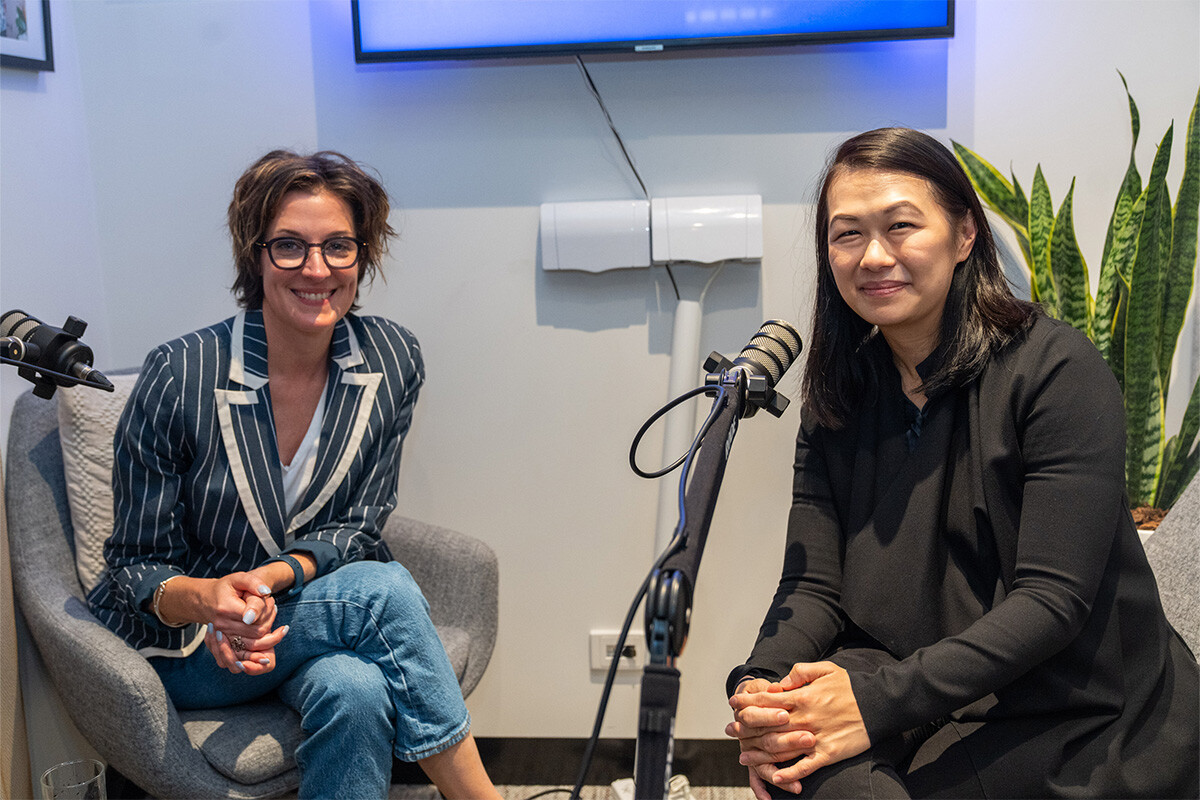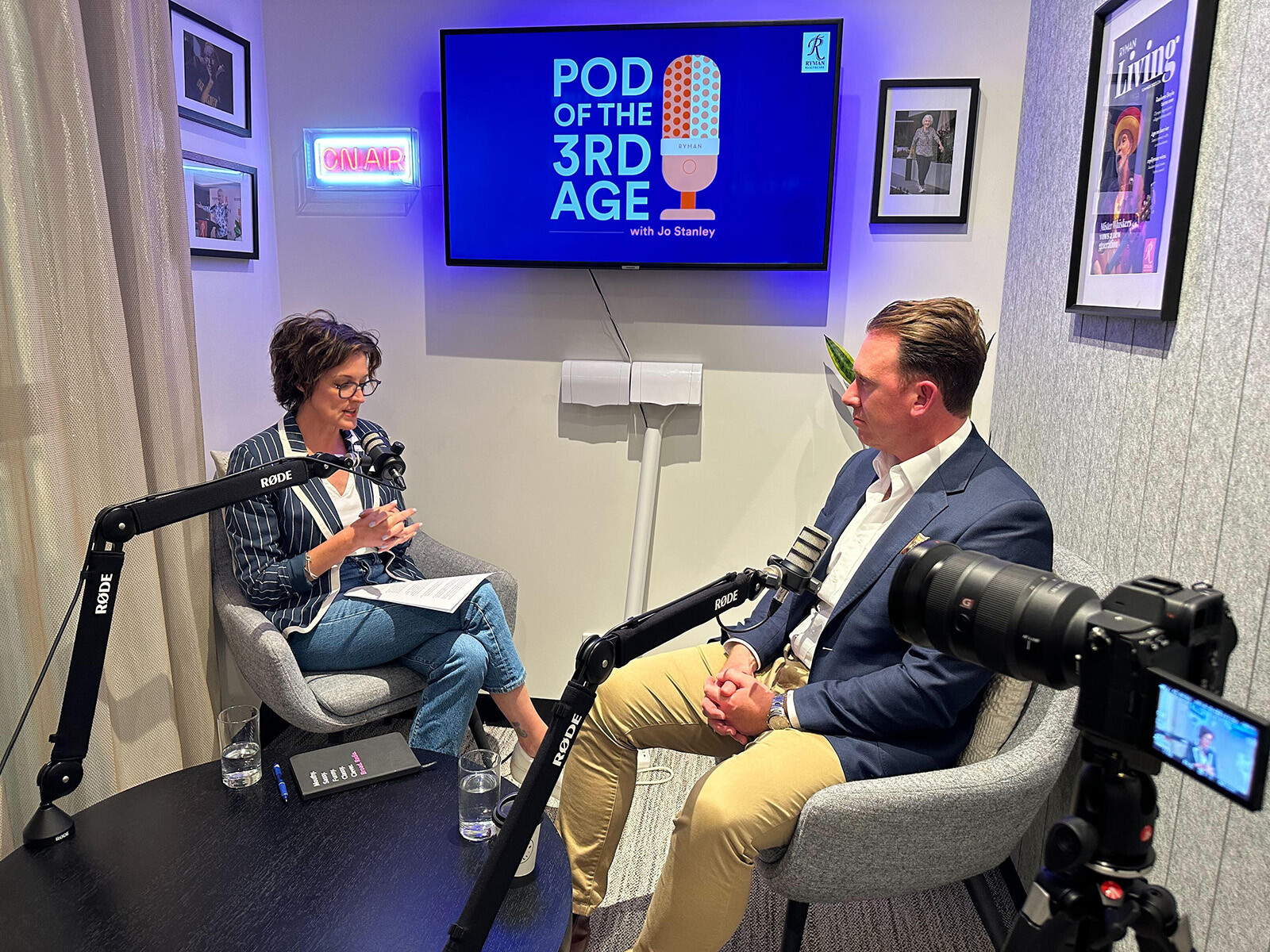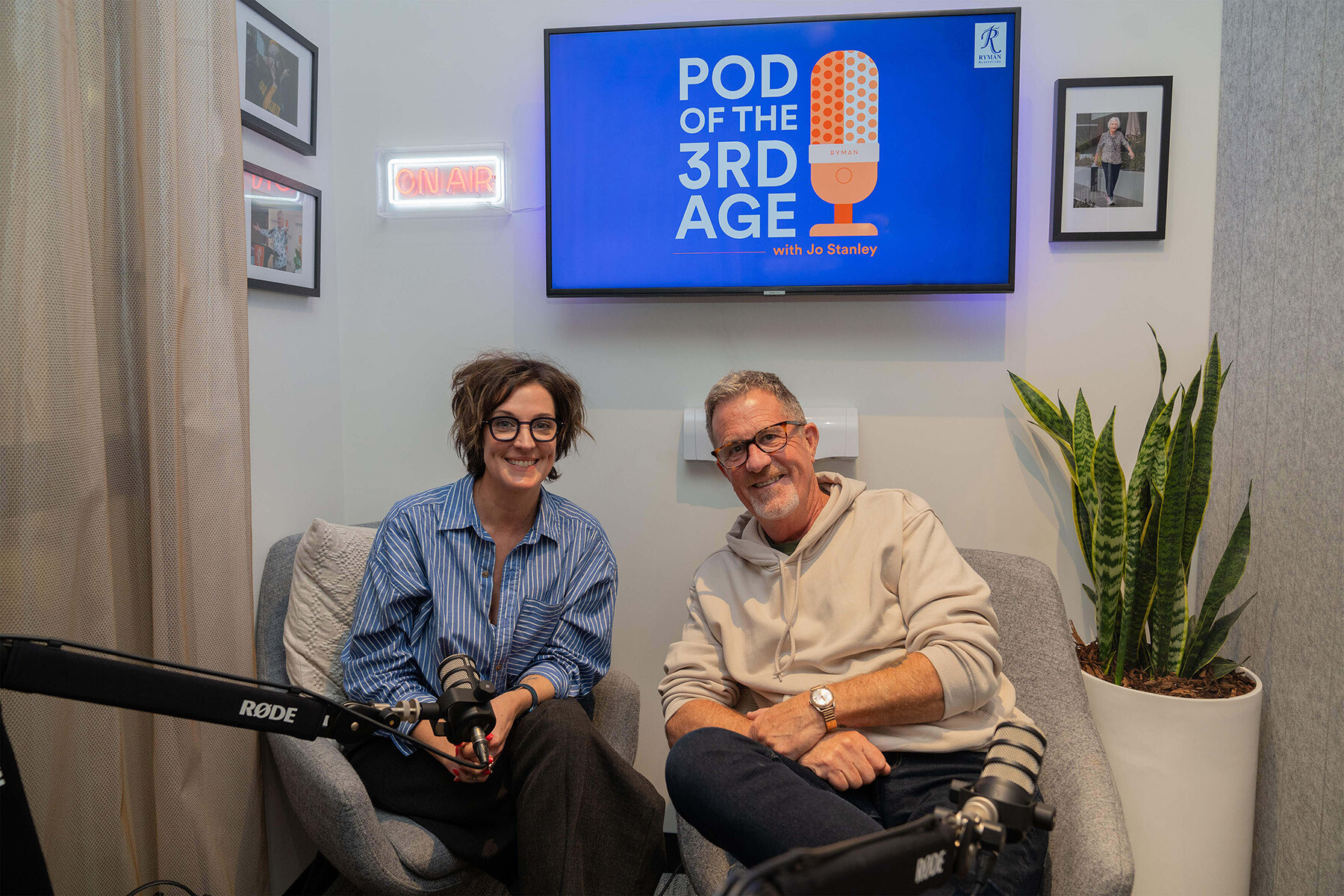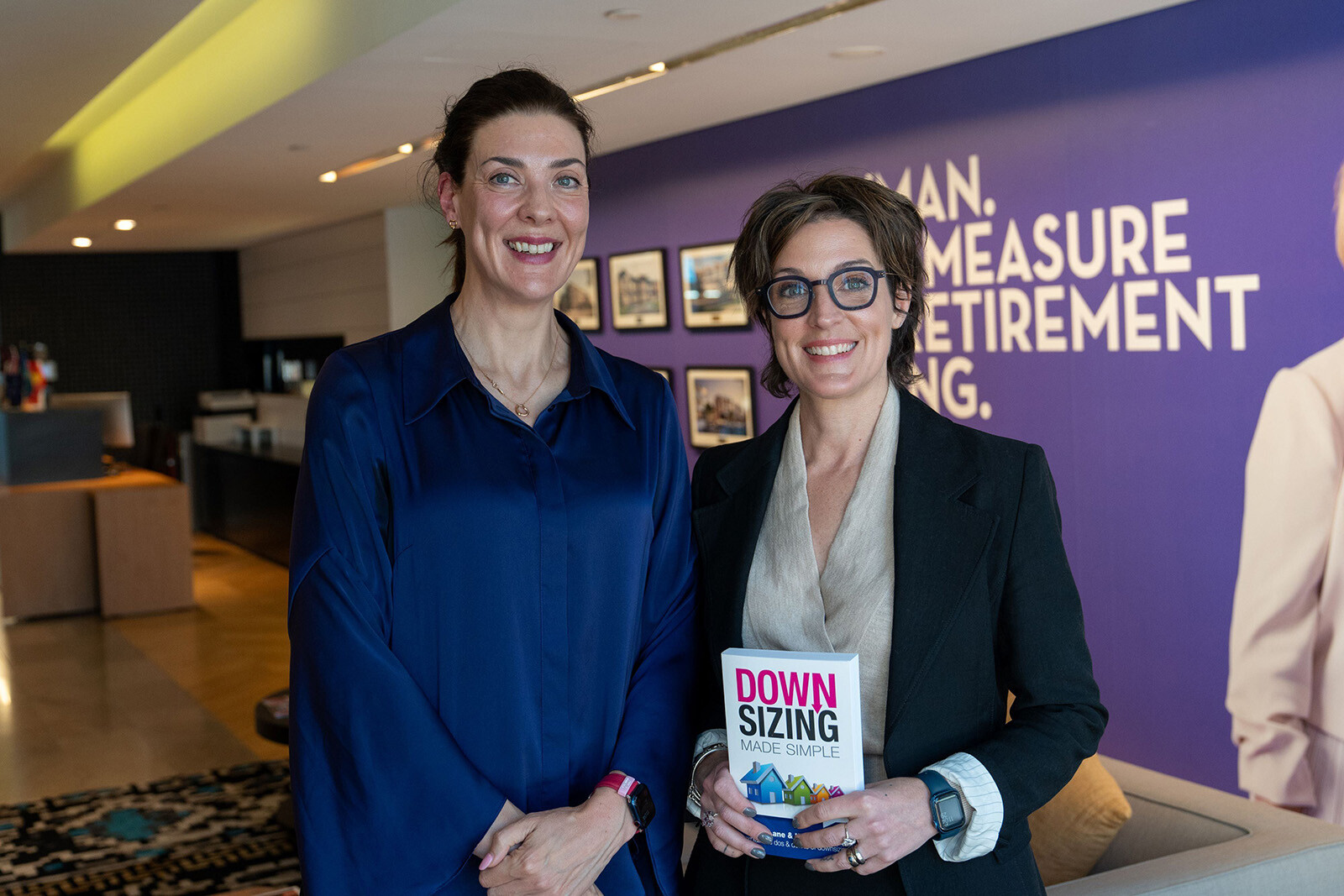Call to tackle health impacts of loneliness among older Australians
Call to tackle health impacts of loneliness among older Australians

Loneliness can double a person’s chance of developing a chronic illness and more than quadruple their likelihood of developing depression and social anxiety, Australia’s first State of the Nation Report on Social Connection says.
Speaking on Ryman Healthcare’s Pod of the 3rd Age podcast, Ending Loneliness Together Scientific Chair Dr Michelle Lim said loneliness was a critical health issue experienced by nearly 1 in 3 Australians.
“Our society has perpetuated this negative view of what loneliness is and made it so that people who are lonely can’t really get the help that they need early and that’s where we get to other problems down the line,” Dr Lim told Pod of the 3rd Age host Jo Stanley in an episode released today.
CLICK HERE TO LISTEN TO THE EPISODE
Citing Ending Loneliness Together’s recent ‘State of the Nation Report-Social Connection in Australia’, Dr Lim said while loneliness and physical isolation were not necessarily the same thing, the impacts of both were profoundly negative.
“While loneliness and being alone are interrelated, they are distinct,” she said.
“Loneliness is defined as a subjective feeling of distress that comes up when you feel your relationships do not meet your current needs.”
Dr Lim said feeling distressed as a result of unfulfilling relationships increased the likelihood of premature death by 26 per cent, while social isolation increased the risk of an early death by 29 per cent.
The ‘Social Connection in Australia’ report found 11 per cent of respondents aged 65-74 felt lonely often or always.
The report also found 42 per cent of respondents believed loneliness predominantly affected older adults (65+), and one in four respondents thought their community viewed loneliness as a sign of weakness.
“We know that older people in general are very much at risk,” Dr Lim said.
“Things like onset of illness, bereavement, moving away from their community – all those factors add to loneliness.”
While much focus was put on preparing for the financial aspect of retirement, more consideration to the social implications of retirement could reduce loneliness in older adults.
%20(1).jpeg?width=3103&height=2667&name=Margaret%20Seet%20(1)%20(1).jpeg)
Pod of the 3rd Age host Jo Stanley (left) with episode participant and Nellie Melba Retirement Village resident Margaret Seet.
“I think we need to plan for ourselves socially,” Dr Lim said. “If we are going to move to a [retirement] community, [we need] to move much earlier than we intended so that we can be integrated within the community.
“We prepare for retirement often in a financial sense, but I don’t think we’ve quite worked out the social sense and I think we need to do a lot better.”
Intergenerational living and promoting intergenerational connection between retirement living communities and kindergartens and playgroups could benefit social connections for both young and old, she said.
The report found while a lack of meaningful social connection can cause chronic health issues, four actions must be taken to ensure all Australians can form meaningful connections.
Australia’s loneliness epidemic can be addressed by building our understanding of loneliness through scientific research, normalising conversations about loneliness, empowering communities to help each other, and establishing a peak body.
Listen to 'How do we change the conversation around loneliness?' on Pod of the 3rd Age (P3A) on Spotify, Apple Podcasts and on our website.by Ryman Healthcare | Jul 22, 2024
Subscribe to our blog newsletter
You May Also Like
These Related Stories

Urgent action needed to meet seniors' housing and health needs

‘Pod of the 3rd Age’ hits the airwaves

